How do you manage your hygiene and your money while on a big adventure?
- Dominic Harrison-Poole
Answer:
As crucial as both of these are, I’ve already dealt with how to pay for adventures here, so below will focus (briefly) on the smelly bits.
There have been times when I’ve been so oblivious to my own stink the reality only hit home when I walked/rode/paddled into a populated region, then wondered why mothers were frogmarching their children swiftly in the other direction.
The human nose is very clever. When it’s had a bit of something it turns off most of the receptors. It’s nature’s way of helping us cope, I guess.
My attitude to hygiene is fairly simple. If I have an open wound I’ll keep it religiously clean until it heals up. Otherwise, I like being dirty as long as nobody else is effected. You’re more likely to need a wash when on land and the fumes, dirt and general detritus settles on you without so much as a second thought. Skin and body hair especially does an incredible job of harbouring bacteria, and in hotter and more humid climates just a couple of hours on the move take you way beyond need-a-shower level.
I do enjoy a little splash in a sink in a gas station or roadside McDonalds, hand soap does the trick pretty much anywhere, but I’m carefully to wipe up afterwards. I don’t think the cleaners there get paid enough to deal with my mess.
If I’m travelling on or beside water I’ll swim wash at least once a day, more often if it’s fresh water. I did a trip in the Atacama desert a few years ago and my mates and I showered once in 19 days. We were just walking lumps of red dust but it was okay, because we were in the middle of nowhere and barely saw anyone. We smelled so bad ourselves we didn’t notice each other’s whiff.
Most of my trips are more social than that, so I’ll try to stay moderately clean if the chance allows. But still, I’d say on an average trip I shower every four or five days. A little splash under the pits is always a good move if a tap or stream presents itself.
Dr Bronner’s All-In-One soap is a good thing to take on a trip if you have the room, they come in small containers and wash hands, body, hair and clothes. And of course, clothes smell just as much (if not more) than a dirty human, so I treat my clothes just as I would myself on a trip - at some point everything needs a bath.
And if in doubt, if you smell so bad you can’t have a good conversation with someone, you smell too much.
Let me leave you with two words. Wet Wipes.







